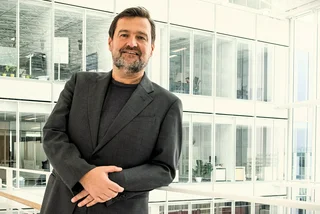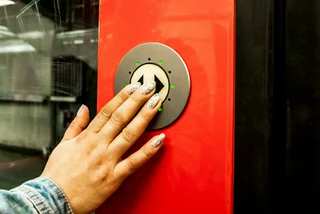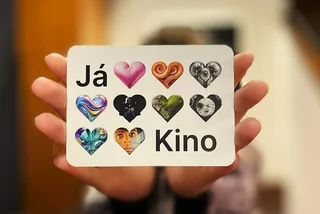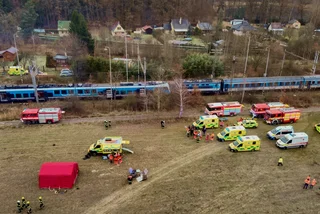Foreigners living in the Czech Republic often encounter language barriers when seeking medical care, according to a report by Czech news server Deník N.
The shortage of Czech medical professionals fluent in other languages can mean long waits and potential safety risks for foreigners needing urgent care or specialized treatment.
PARTNER ARTICLE
For non-Czech speakers like Ukrainians, who make up the largest group of foreign patients after Slovaks, simple tasks like calling to schedule a doctor’s appointment can be challenging. Some refugees prefer to travel to Ukraine for medical procedures to avoid the language obstacle.
The publication interviewed a Nigerian embryologist, Thomas, who has lived in Brno for years and experienced these difficulties firsthand when he sought emergency care for deep cuts this January. Despite explaining the severity of his injury via Google Translate, a receptionist made the trained medical professional wait over an hour before an English-speaking doctor treated his bleeding wounds.
"I realized it is dangerous if someone comes seriously injured and does not speak Czech," Thomas told Deník N. "They could at least look at it quickly."
British resident Abbey also struggled to find English-capable specialists when facing health issues despite having insurance through her employer. She was advised to use costly private clinics.
Eventually receiving treatment at a public hospital, Abbey waited an hour for an English-speaking doctor but was dismayed by the lack of privacy when questioned about her condition in a crowded room.
Ukrainians face particular challenges
A recent study by sociologist Marie Jelínková for Charles University illuminates the particular experiences of Ukrainian refugees navigating the Czech healthcare system. Interviews with Czech doctors reveal challenges stemming from language barriers, differences in healthcare systems, and cultural disparities.
Ukrainian patients, accustomed to prompt treatment, find Czech wait times puzzling. Misunderstandings also arise over medicine availability, notably psychotropic drugs. Despite having insurance in the Czech Republic, many refugees opt for treatment in Ukraine due to cost and accessibility. Volunteers assisting refugees corroborate these challenges, emphasizing communication hurdles and preference for Ukrainian healthcare.
When the Czechs are looking for, for example, a pediatric neurologist, they have to call five or six surgeries before they find someone who will take them, perhaps in six months. But such [a situation] is [unheard of] for Ukrainians," Jelínková told Deník N.
Foreigners' assessment of Czech hospitals weren't all negative; Ukrainian patients interviewed in the Charles University study said they appreciate dual-language documents. Nigerian patient Thomas added that he doesn't want to blame anyone and realizes that only the communication barrier is to blame.
The Czech healthcare system has been facing increasing challenges due to the lack of English-speaking doctors and communication barriers with foreigners.
In March, at Prague’s Bulovka University Hospital, a pregnant woman underwent an abortion unknowingly after being mistaken for another patient. The tragic incident on March 25 resulted from a staff error compounded by a language barrier. Internal and legal investigations are underway, with the hospital pledging compensation and the police launching criminal proceedings.
The hospital’s director said in a press briefing that until the hospital completes its investigation, patients with language barriers will be more prominently tagged.












 Reading time: 2 minutes
Reading time: 2 minutes 




























